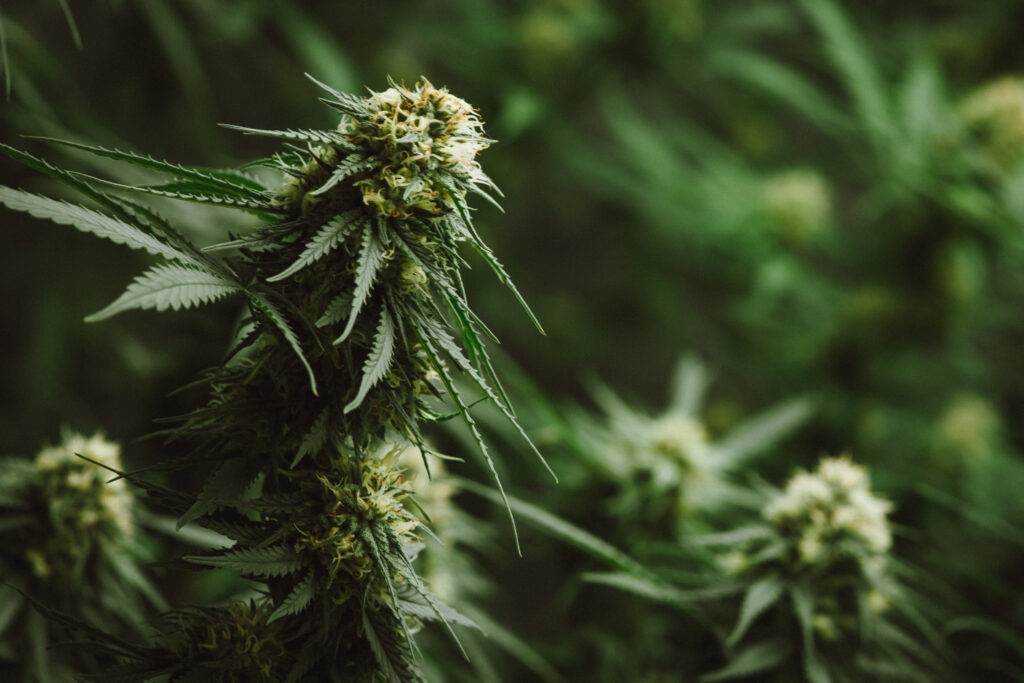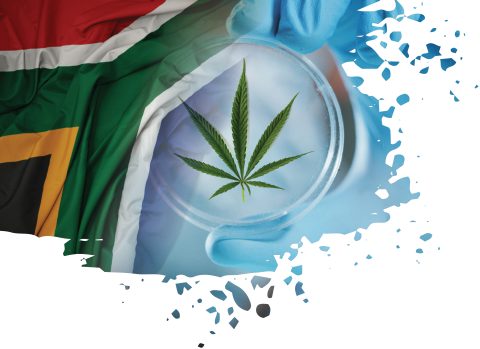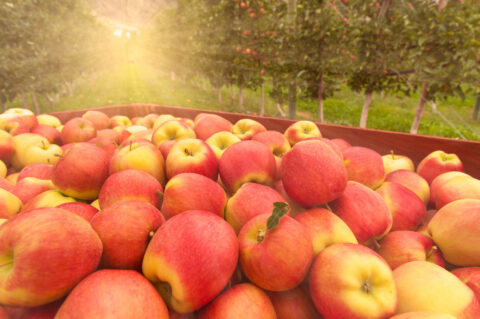Sunday Times Agriculture
Capitalising On Cannabis
Africa has the potential to become one of the world’s largest cannabis markets if the government addresses regulatory constraints that are preventing the industry from reaching its full potential, according to industry experts.
In his 2022 State of the Nation address, President Cyril Ramaphosa undertook to review the policies and regulations in the hemp and cannabis sector, which he said could create more than 130 000 new jobs were processes to be streamlined as they are in Lesotho, for example.
But despite the optimism of many industry players and the government, South Africa’s fledgling hemp and cannabis sector is still very small and has many hurdles to overcome to become a world leader.
Danie Nel, CEO of Afriplex, a Paarl-based manufacturer of cannabidiol products, explains that the industry took off in 2018 when the government approved the use of cannabis for medicinal use. Before that cannabis had only been produced, illegally, for recreational use. Since then, many investors have entered the sector, hoping to capitalise on the new market. Nel estimates that the industry now employs about 10 000 people across the full value chain, which includes cultivators, manufacturers, retailers, salespeople, regulators, researchers, law firms and consultants.
No backyard business
The majority of these investors are, however, waking up to a very different reality than what has been touted. Nel explains that medicinal cannabis is a very sophisticated product requiring highly sophisticated farming methods. “This is not dagga grown in the backyard. Yet the expectation has been created that South Africa’s rural population in the Eastern Cape, which has always been a hot spot for cannabis production, can now become bona fide farmers that can enter this lucrative value chain.”
Nel notes that multiple farmers have entered the sector with an investment of around R4-million, in the expectation that this was enough. These business are now closing one by one as they struggle to overcome costly compliance hurdles. “The actual amount [to farm medicinal cannabis] is closer to R20-million. Size is not the issue – you can get away with a four-hectare plot – but security, quality control, certification and the employment of a full-time pharmacist are all hidden costs of which many are not aware.”
Nel says that numerous conversations with government about these constraints have not yet borne fruit. “If, for example, we can get cooperative models where a few small farmers could group together, then we can get more farmers involved in the sector and see mass job creation.”
Agriculturalist, Land Bank board member and cannabis farmer Andrew Makenete says that a one-size-fits all regulatory framework is not appropriate for the industry. “There should be different regulations for different parts of the value chain. There is also a need for different financing instruments to increase the participation of black businesses, like concessional support for cultivators, and a dedicated industry fund for the more complex manufacturing and processing enterprises.”
Make or break
Nel recently told the Cannabiz Africa website that 2022 “will be a make or break year for many participants in the South African cannabis industry. Cultivators are scrambling for a position to supply product to a regulated industry with many barriers to overcome, of which quality and regulatory are the most important. The industry will therefore first go through a period of turmoil if the regulatory framework is not aligned with international best practice. We are heading for a consolidation which unfortunately may leave many participants in dire straits.”
Bella Dorrington, a senior researcher at the Cannabis Research Institute of South Africa, says companies incur huge costs to become compliant with the requirements of the South African Health Products Regulatory Authority. “There are also regulatory limits on what can be produced. For example, cultivators are allowed to grow cannabis flower, but no value-added activities are allowed for in South Africa. Without the ability to offer value-added products, such as extracts and final consumer products, to the global market, South Africa will not be able to compete effectively. ”
If these hurdles are overcome, Dorrington believes the industry has a bright future. “South Africa has the potential to set a standard for cannabis in the world market. We have a culture of collaboration and not working in silos. We have the resources, technology and people to make this happen if the government can open the way forward.”






 Sign-up and receive the Business Media MAGS newsletter OR SA Mining newsletter straight to your inbox.
Sign-up and receive the Business Media MAGS newsletter OR SA Mining newsletter straight to your inbox.